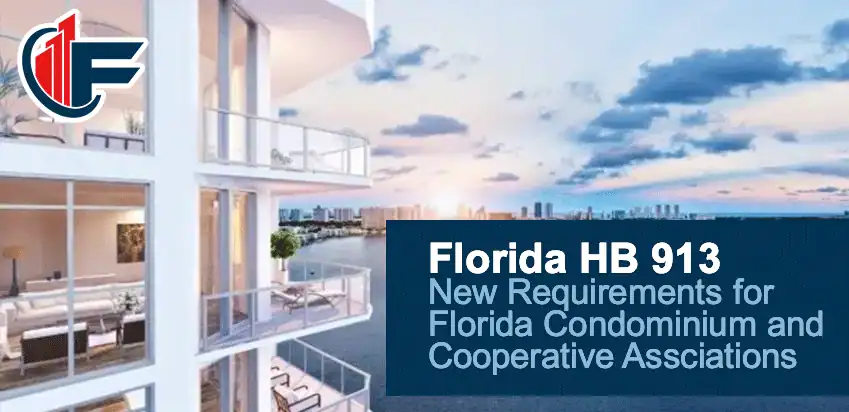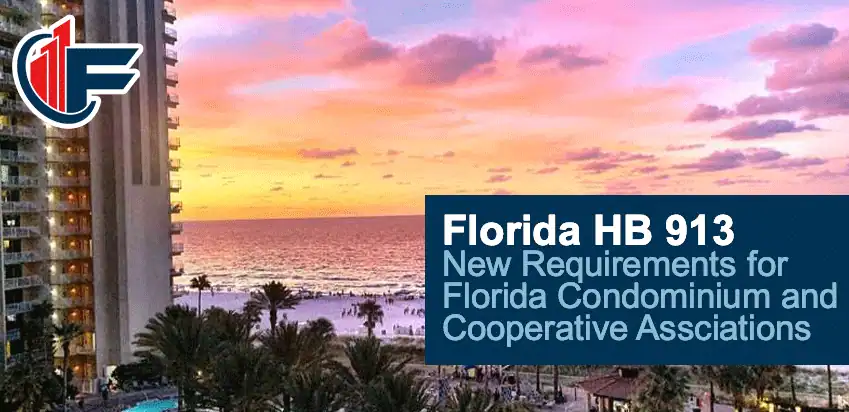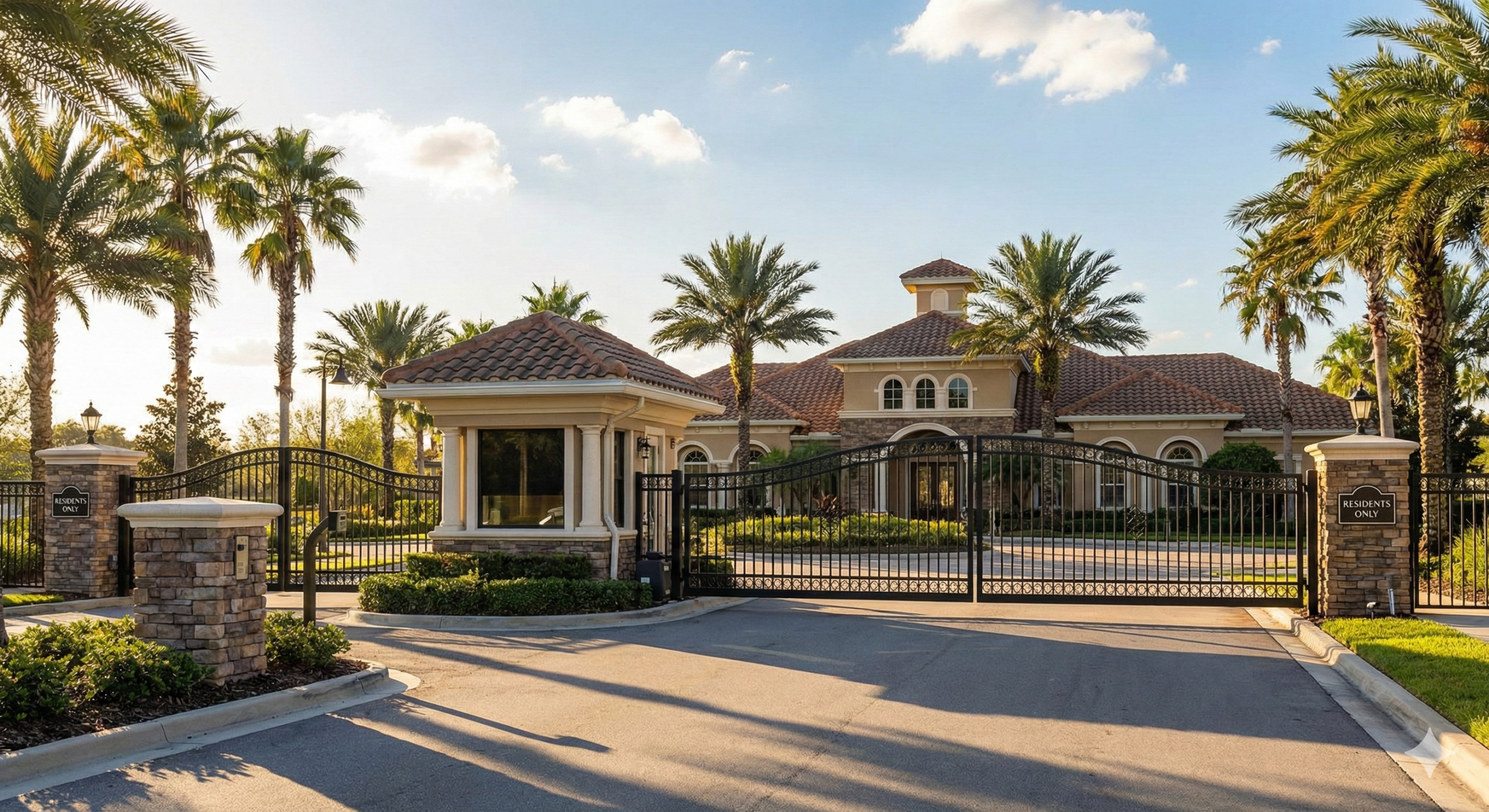As a reserve study expert with over 20 years focused exclusively on Florida community associations at Felten Property Assessment Team (FPAT), I’ve watched too many HOAs get blindsided. Picture this: A St. Petersburg HOA gets hit by Hurricane Milton’s storm surge in 2024, then discovers their aging seawall needs $150,000 in immediate repairs. Special assessments fly out, residents revolt, and the board spends the next year in emergency meetings. I’ve sat in those meetings. It’s painful—and 100% preventable.
The question I hear every week from HOA board members and managers across Florida is still the same in 2026: “How often should we really get a reserve study?”
Even though Florida HOAs (Chapter 720, Florida Statutes) remain exempt from any statutory reserve study requirement in 2026, the smart ones treat reserve studies as non-negotiable. Condo rules tightened dramatically in 2025 and are now in full force (see Chapter 718, Florida Statutes), but HOAs that ignore reserves are playing roulette with hurricanes, inflation, and angry owners.
Here’s your no-fluff 2026 guide—updated for current law, recent storm impacts, and today’s construction costs.
Legal Requirements vs. Best Practices in 2026
Florida HOAs – Still No Legal Mandate Chapter 720 has not changed in 2026. You must show reserve accounts in your budget and disclose them to members, but you are not required to fully fund them or conduct a formal reserve study. Members can still vote to waive or partially fund reserves every year.
That flexibility feels great short-term… until a $200,000 roofing project shows up unannounced.
Florida Condominiums – Now Fully Enforced All applicable condos should have completed their initial Structural Integrity Reserve Study (SIRS) by December 31, 2025 (including extensions granted under prior legislation). As of 2026, structural reserves must be fully funded—no waivers, no straight-line, no pooling games. Studies are required every 10 years going forward. Learn more about the difference between traditional reserve studies and SIRS.
2026 Answers to the Questions I Hear Most
Is a reserve study mandatory for Florida HOAs in 2026? No. But if you’ve established reserves, Florida Statute 720.303(6) still requires they be calculated based on remaining useful life and current replacement cost. Skipping a professional study is the fastest way to underfund those accounts and invite special assessments.
How often should a Florida HOA get a reserve study in 2026? Every 3–5 years for a full (Level 1) study with site inspection. Annual (Level 2 or 3) updates in between to adjust for inflation, storm damage, and actual expenditures.
In my experience, HOAs in coastal counties or with significant amenities (pools, clubhouses, gates, private roads) should lean toward every 3 years. The ones that wait 5+ years are the ones calling me in panic mode after the latest storm.
Can Florida HOAs still waive reserves? Yes—still legal in 2026. But after what we saw in 2024 and 2025 hurricane seasons, waiving reserves is financial Russian roulette. Insurance carriers are also starting to ask tougher questions; I’ve seen multiple HOAs lose coverage or face 50–100% premium increases because reserves were waived or obviously inadequate.
How much does a reserve study cost in 2026? Typical range for HOAs: • Small to mid-size (under 150 units): $2,500 – $5,500 • Larger or complex communities: $6,000 – $12,000+
Costs rose roughly 12–18% from 2024 to 2026 due to inflation, labor shortages, and higher insurance requirements for service providers. A cheap study from an out-of-state firm with no Florida experience almost always costs you more in the long run.
Legal Requirements vs. Recommendations for Florida HOA Reserve Studies
Florida’s laws distinguish sharply between HOAs and condos when it comes to reserves. Let’s start with the basics.
No Legal Mandate for HOAs
Under Florida Statute Chapter 720, HOAs must include reserve accounts in their annual budgets and disclose them to members, but there’s no requirement to fund them fully or conduct formal reserve studies. This hasn’t changed in 2026, even with bills like HB 913 focusing on condo safety post-Surfside collapse. HOAs can waive or reduce reserve funding with a majority vote, but this often leads to short-term savings at the expense of long-term stability, as noted in resources from PropFusion’s Florida HOA Reserve Fund Requirements guide.
In contrast, condominiums under Chapter 718 face stricter rules. Buildings three stories or taller must complete a Structural Integrity Reserve Study (SIRS) every 10 years, with the first due by December 31, 2024 (extended to December 31, 2025 for some via HB 913). SIRS covers structural components like roofs, foundations, and plumbing, and full funding is mandatory—no waivers allowed after January 1, 2025.
Is a reserve study mandatory for Florida HOAs?
No, unlike condominiums under Chapter 718, Florida HOAs governed by Chapter 720 are not legally required to conduct reserve studies. However, if reserves are established for capital expenditures, they must be properly funded based on estimated costs, making studies a best practice for compliance and financial planning. At FPAT, we see this as an opportunity to avoid the villain of underfunding—let us guide you through a tailored study that turns potential headaches into confident compliance.
How often should a Florida HOA get a reserve study?
Industry experts, including FPAT's team of Florida-based specialists, recommend conducting a full reserve study every 3-5 years, with annual updates to account for inflation, asset changes, and maintenance needs. While not mandated by law, this frequency helps prevent special assessments and ensures long-term financial stability in Florida's challenging climate. Don't let the internal stress of "What if I mess this up?" keep you up at night—FPAT's clear process makes it simple to stay ahead.
What are the legal requirements for reserves in Florida HOAs?
Under Florida Statute 720.303(6), if an HOA establishes reserves, they must be calculated using a formula based on the remaining useful life and replacement costs of assets. Funding can be waived by member vote, but underfunding risks special assessments or legal issues—no specific study frequency is required. As your guide, FPAT helps you meet these requirements philosophically right: You shouldn't have to figure out Florida's regulatory puzzles alone. We provide the expertise to ensure your reserves are rock-solid.
What's the difference between reserve studies for Florida HOAs and condos?
Condominiums (Chapter 718) must perform Structural Integrity Reserve Studies (SIRS) every 10 years for buildings three stories or taller, with full funding required. HOAs have no such mandate, offering more flexibility, but both benefit from regular studies to manage repairs in storm-prone areas. FPAT specializes in both, bringing empathy for the unique pressures each faces and authority from countless successful studies—whether it's a traditional HOA reserve or a condo SIRS, we've got Florida's weather risks covered.
How much does a reserve study cost for a Florida HOA?
Costs typically range from $2,500 to $12,000+, depending on community size, asset complexity, and whether it's a full study or update. In 2025, factors like inflation and post-hurricane regulations may increase prices—shop for certified providers like FPAT to ensure value. We know the external problem of rising costs feels unfair, but our tailored proposals make it affordable and worthwhile, delivering peace of mind without breaking the bank.
Can Florida HOAs waive reserve funding?
Yes, HOAs can waive or reduce reserve funding with a majority vote of members, but this increases risks like unexpected assessments. Experts like FPAT advise against waiving, especially given Florida's weather vulnerabilities—regular studies help justify keeping reserves intact. Imagine avoiding the failure of angry residents and legal headaches; that's the success FPAT helps you achieve by guiding you toward smart, funded reserves.
Why should Florida HOAs conduct regular reserve studies?
Regular studies promote financial transparency, mitigate risks from aging infrastructure, and avoid burdensome special assessments. In Florida's humid, hurricane-prone environment, they identify issues early, protect property values, and align with best practices from groups like CAI, even without legal mandates. At FPAT, we transform you from a frazzled leader drowning in demands to a calm, in-control hero with a secure community—because you deserve a guide who makes this easy.
Ready to take action? Contact FPAT today to schedule your HOA reserve study and get ahead of Florida's challenges. Or start with our transitional step: Grab our free guide, Understanding Florida’s Reserve Study Requirements, to feel confident about what's next.
Recommended 2026 Reserve Study Schedule for Florida HOAs
| Situation | Recommended Frequency |
|---|---|
| Coastal or high-wind zone | Full study every 3 years |
| Inland, newer community (<15 yrs) | Full study every 4–5 years |
| Older community (25+ years) or major amenities | Full study every 3 years |
| After a named storm makes landfall nearby | Update within 6–12 months |
| New board or major renovation completed | New full study recommended |
Why Regular Studies Are Non-Negotiable in 2026
- Hurricanes aren’t getting kinder. Helene and Milton (2024) plus whatever 2025 and 2026 bring mean accelerated deterioration.
- Construction costs keep climbing—roofing, painting, paving, and waterproofing are all up 25–40% since 2022.
- Insurance companies are now requiring a copy of your most recent reserve study with renewal applications (I’m seeing this weekly).
- Buyers and realtors check reserve health. Weak reserves = lower sale prices and longer days on market.
I’ve watched HOAs that update every 3 years sail through storms with zero special assessments while neighbors who “saved money” by waiving reserves get crushed with $2,000–$10,000 per owner hits.
How FPAT Can Help Your Florida HOA in 2026
We’re Florida-based, Florida-focused, and we’ve completed thousands of reserve studies from Pensacola to Key West. Our reports are written for board members, not engineers—clear, actionable, and insurance-carrier friendly.
Our simple 2026 process:
- Contact us (phone, email, or form)
- We deliver a fixed-fee proposal within 3–5 business days
- We perform the site inspection and deliver your report in about 4 weeks
No surprises, no hidden travel fees, no cookie-cutter spreadsheets.
Ready to stop worrying about the next storm or the next assessment?
→ Schedule Your 2026 HOA Reserve Study Today → Or download our free 2026 guide: Understanding Florida HOA & Condo Reserve Requirements
Don’t become another cautionary tale. Let’s get your reserves right—this year.
Gary Porter, RSA Reserve Specialist Felten Property Assessment Team (FPAT) Florida’s Condo & HOA Reserve Study Experts








